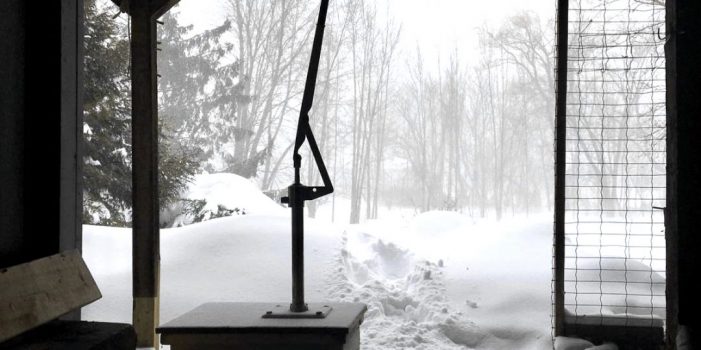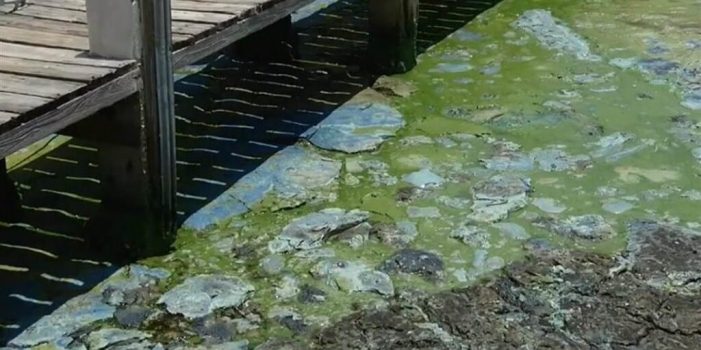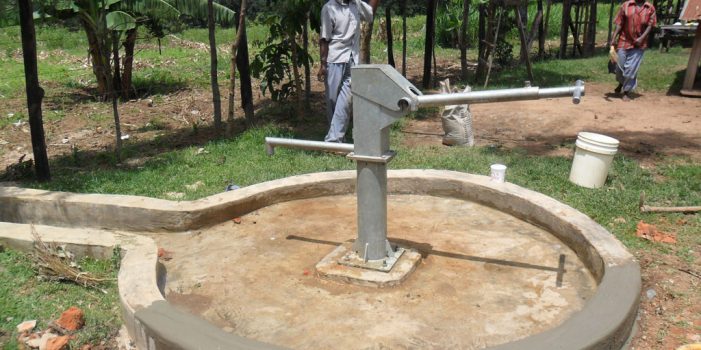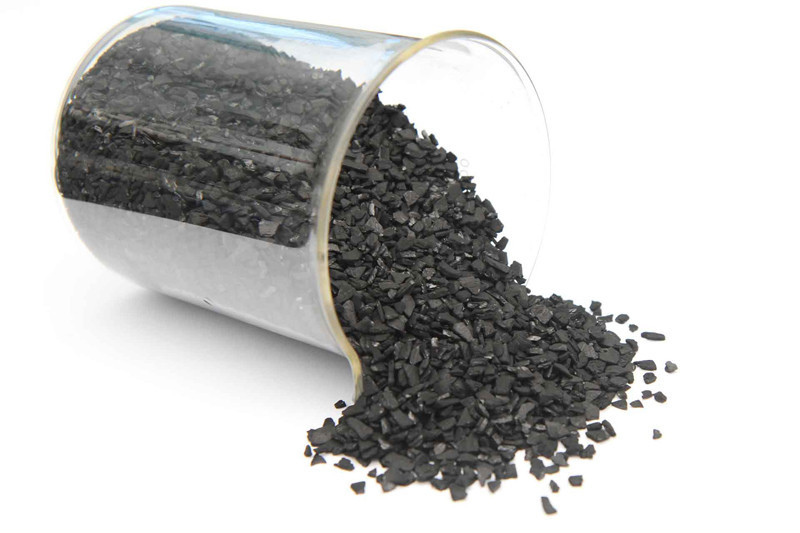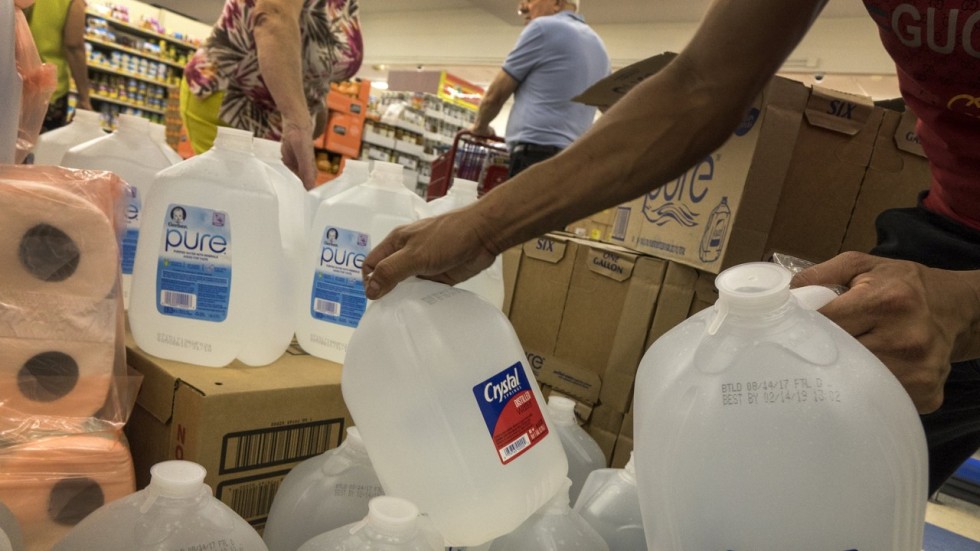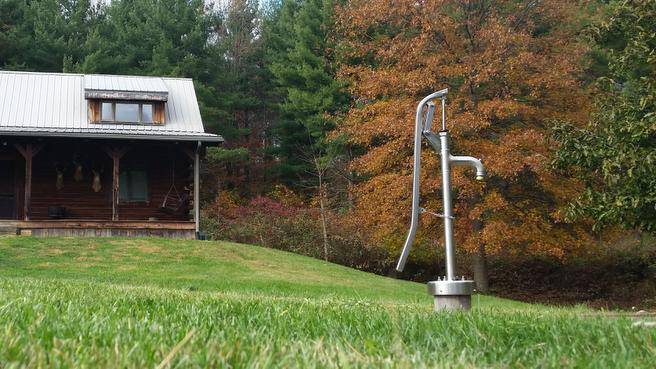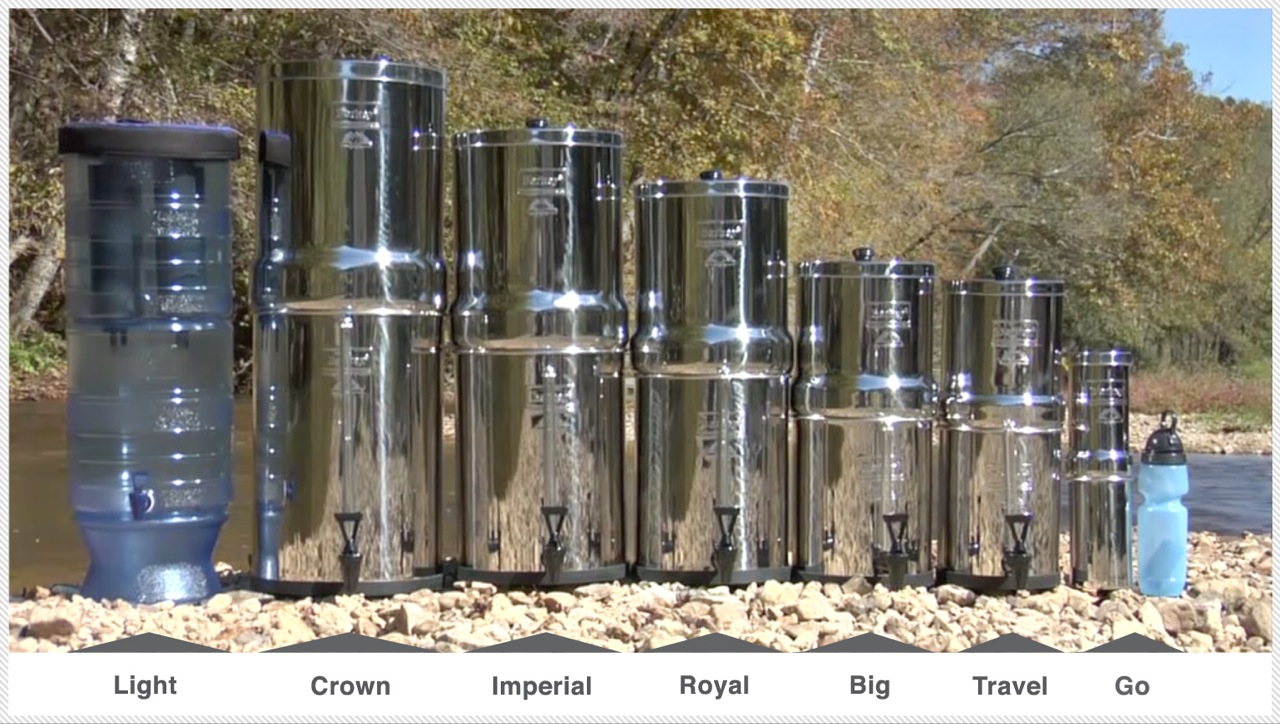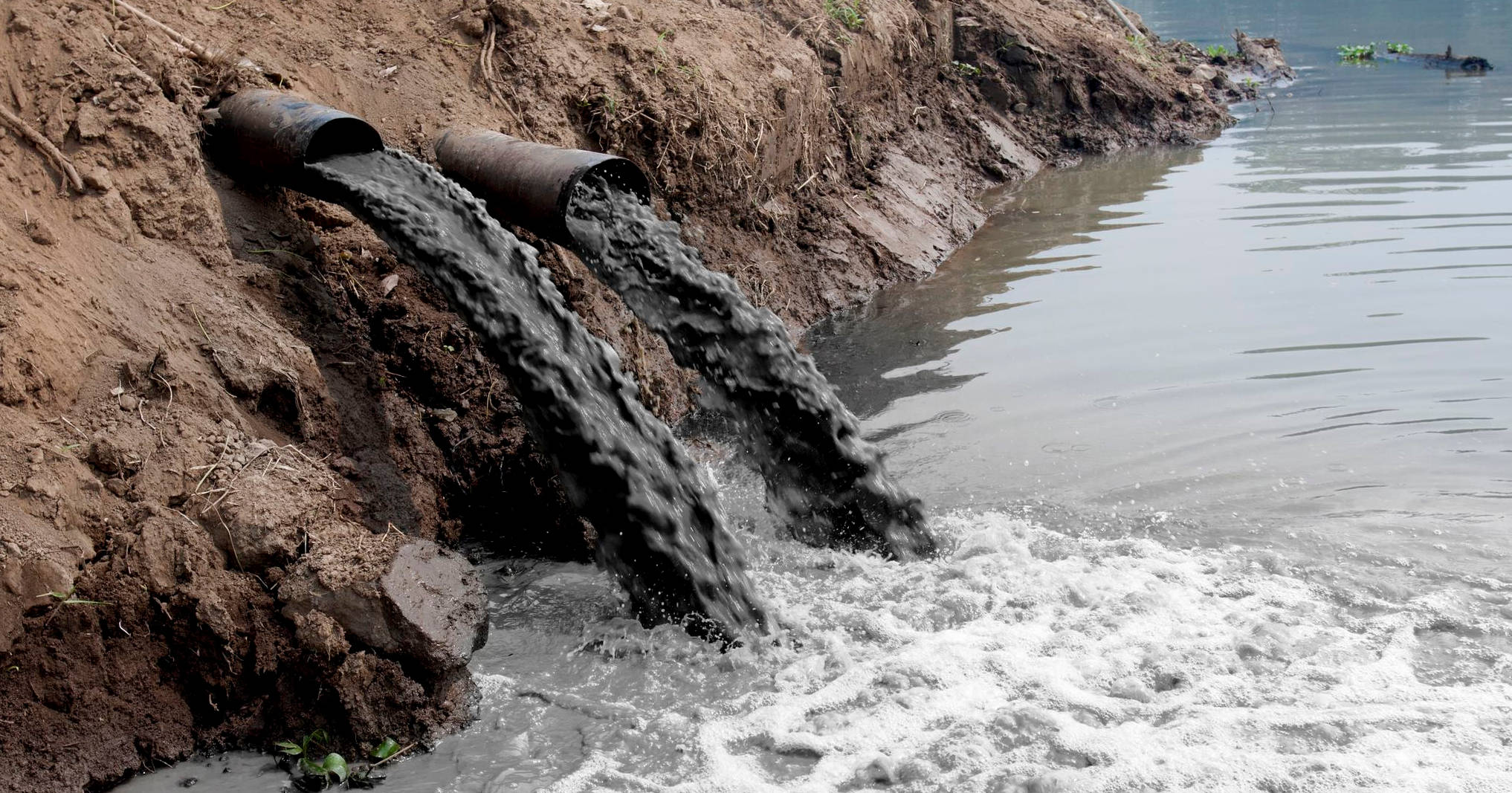*For those of us who prep, I am tailoring this guide to contaminants that would be found anywhere: radiation from fallout, chemical contamination from industry, contamination from urine and feces, natural sources that one might encounter on a homestead, and the technologies and techniques like filtration that would be most widely available in a SHTF scenario. I am an engineer who has specialized in water treatment in the chemical industry.
Most of us rely on clean tap or bottled water for everything from drinking to cooking to showering. We pay little attention to the process that takes raw water and transforms it into safe clean potable water. Once upon a time our ancestors drank right from streams and lakes. While the quality of this water was most likely better than the quality of water from most modern day surface sources, it was still contaminated with various pathogens and minerals. Even though our ancestors’ digestive tracks were heartier than ours, waterborne illnesses ranging from minor stomach bugs to cholera and dysentery took their tolls.
Many of us believe that a high quality particulate filter coupled with an activated carbon filter will make any source of water safe for human consumption. However, that isn’t necessarily true. Contaminants come in many shapes and sizes. In addition, different contaminates require different technologies and processes. Geography and human development determine where contaminants are found. Consequently, suburbia is not likely to contain agricultural chemicals. PCB’s (polychlorinated biphenyls) aren’t likely to be found rural locations. BTEX compounds (benzene, toluene, ethylbenzene, and xylene), found in both gasoline and diesel, can be found anywhere.

